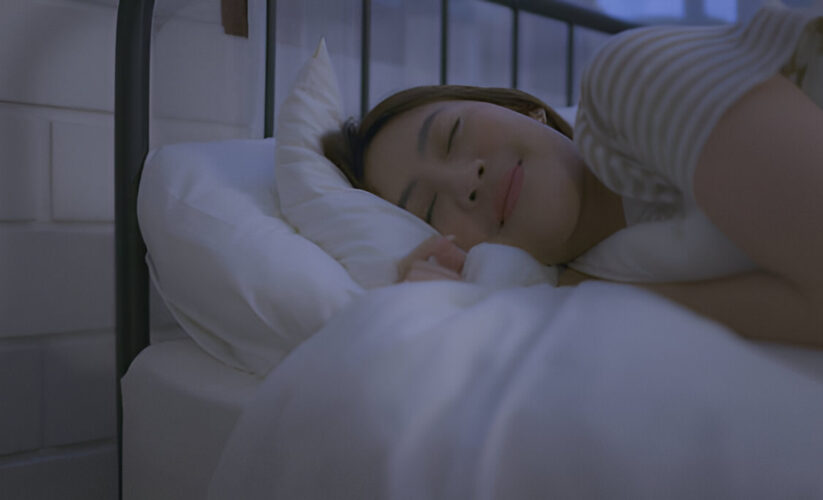

You know a little too well what your kitchen looks like at 3 a.m. You've memorized the light patterns on your bedroom ceiling, and counted thousands of sheep. And you've come to expect the thump of the newspaper at the front door a few minutes after 5. If this sounds familiar, you're in good company: Sixty-seven percent of American women surveyed in last year's National Sleep Foundation poll said they regularly have trouble sleeping. Many of the culprits are hallmarks of our current culture: long work hours, stress, sugar-laden cappuccinos, wanting to fit too much into one day. Several recent reports, including a study published in the February issue of Social Science & Medicine titled "Is Sleep Really for Sissies?," have suggested that we value what we do during the day much more than what goes on at night.
But good sleep isn't something we can afford to take off our to-do list. Like a nutritious diet and exercise, sleep is a foundation for health -- not to mention sanity. "It's a bedrock," says Paul Glovinsky, Ph.D., coauthor of "The Insomnia Answer." As anyone with sleep trouble knows, a single bad night can hamper productivity, memory, even basic conversation skills. But it's over time that insomnia really takes its toll. "We've seen that, in all kinds of ways, deficits accrue when you don't sleep." Poor sleep may set you up for heart problems, for instance, plus lowered immunity, depression, diabetes, obesity, and chronic pain. Last fall, a study proved that sleep deprivation can damage our mood in a very real way: Compared with those of rested people, the emotional centers of the brain in sleep-deprived people were 60 percent more reactive to negative experiences.
So what's a droopy-eyed, overcaffeinated, dream-deficient woman to do? Committing to good sleep hygiene is a start. But it also pays to identify your unique sleep profile. There's no single insomnia pattern; there are many. And delving into the details of yours can help you overcome it. We went to several sleep experts with some common sleep types, like the person who can't stop thinking, the one who wakes up at odd times, and the one who keeps finding excuses to push off bedtime (Really? Another episode of "House Hunters?"). As it turns out, these patterns often have distinct causes and solutions. Don't be surprised if more than one profile rings true; your patterns may fluctuate. The key is to give some serious thought to your sleep life. The quality of your waking life -- not to mention your health -- depends on it.
Other Sleep Types: Which One Are You?
Discover
the perfect sleep routine
.
Try these
natural sleep remedies
.
First Published: May 2008












